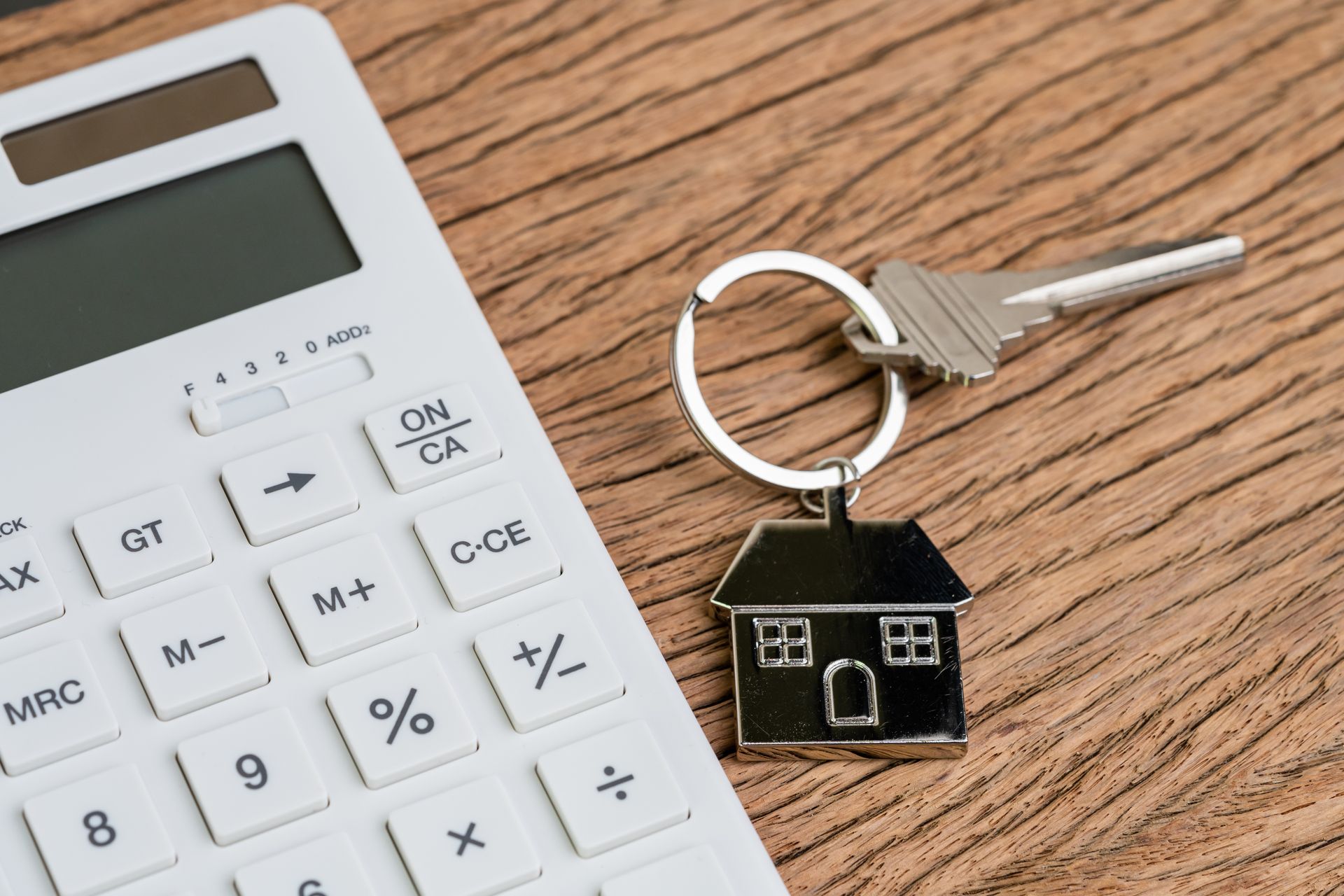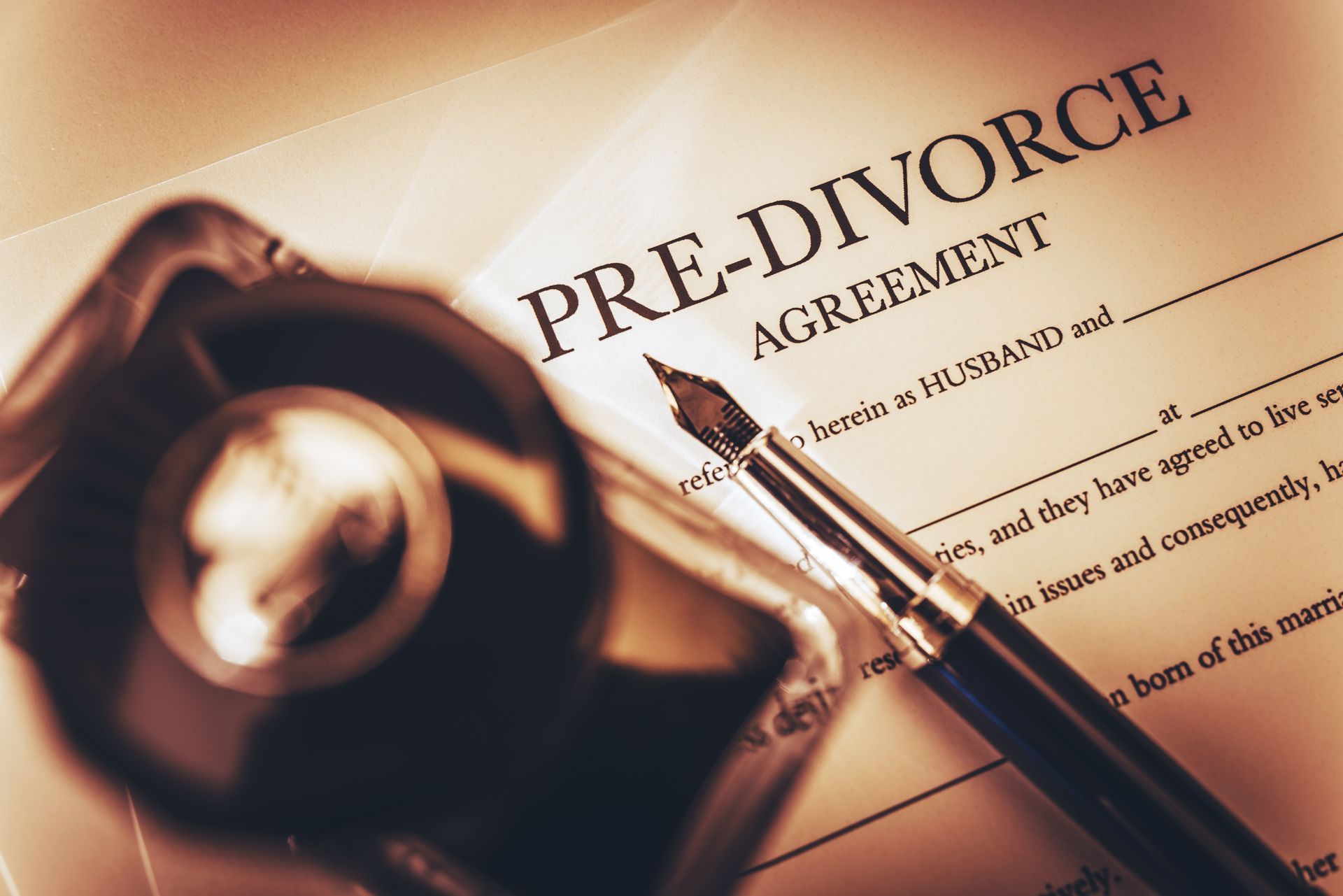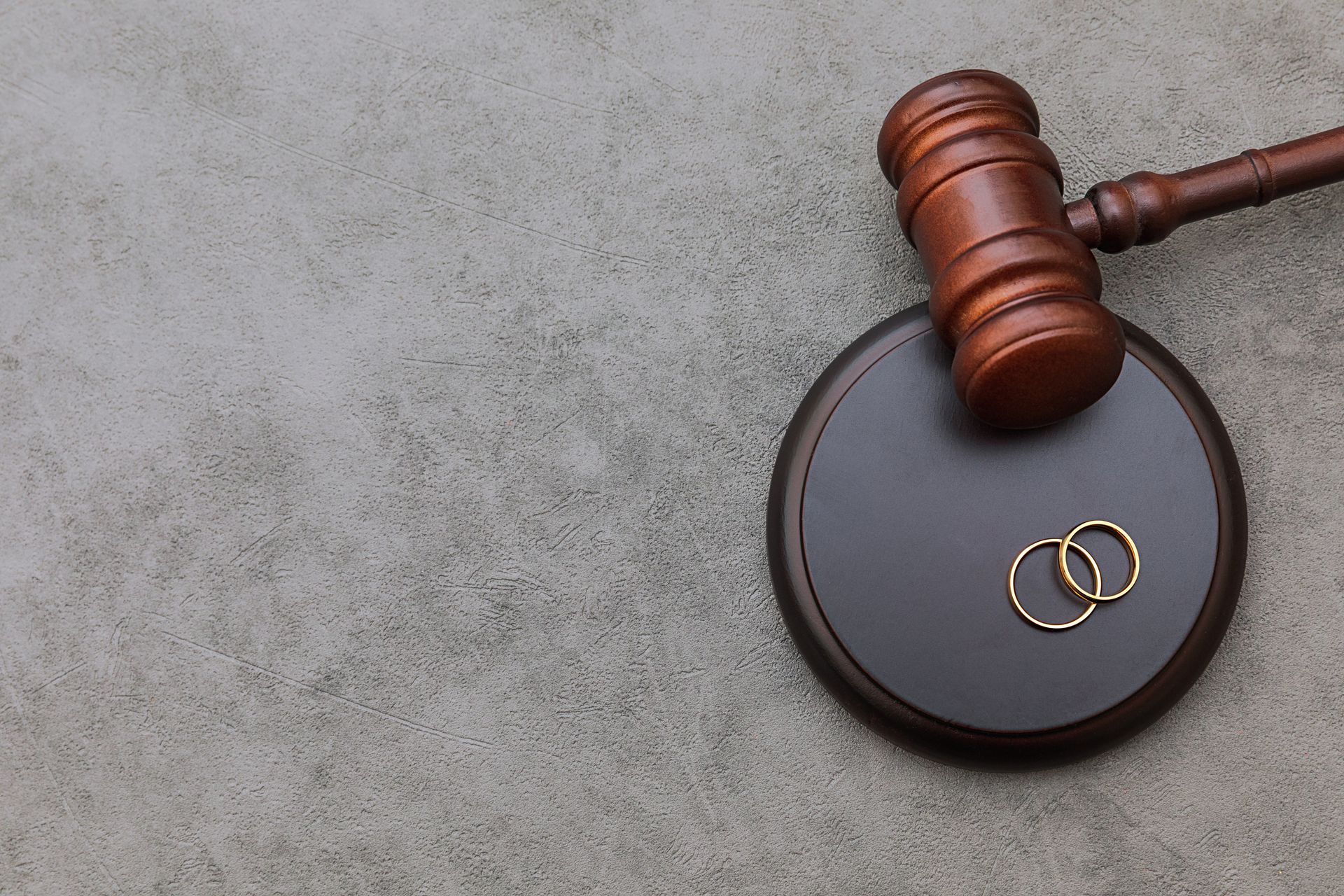What Happens to Debts During a Divorce in the UK?
Following divorce in the UK, any outstanding debts will continue to be owed by the individuals or individuals who accumulated that debt. This may include mortgage, credit card, bank loans or any other forms of financial liability. According to the Money Charity, the average amount of debt held by households in the UK is around £66,277, including £58,005 of secured (mortgage debt). It is generally recommended that divorcing couples come to an agreement between themselves on how any debts owing should be handled as part of their divorce financial settlement. In this article, we will take a closer look at what happens to debts during a divorce in the UK.
What happens to debts during a divorce in the UK?
The legal process of divorce does not, in itself, change the fact that any debts incurred by separating parties must still be repaid by the debtor to the creditor. Creditors such as banks, building societies, car finance institutions, and other financial institutions will still want any debts repaid by those who borrowed the money in the first place. If the debt was incurred jointly by both divorcing parties, then it is still the joint responsibility of those individuals to repay that debt, regardless of whether they are divorced or not. If debt is in the name of just one person, it remains the responsibility of that person to repay the debt following divorce, not the other party.
If you are unsure who is responsible for the repayment of debt owed after your divorce, it is advisable to check the original credit/loan agreement.
Failing to repay any debts in accordance with the agreement entered into may result in legal action (e.g. a county court judgment) and damage to your credit rating. The lower your credit rating, the harder it will be for you to find it to borrow money in the UK after your divorce.
What happens if one party does not or cannot repay their debts after divorce?
Joint loans and mortgages in the UK are typically owed ‘jointly and severally’. If a married couple promises jointly and severally to repay a debt to a creditor, then they are both under a legal obligation to do so. They are also individually under an obligation to repay the money owed to the creditor. This means that if one person repays the amount in full, the debt obligation is discharged (i.e. the other person owes nothing, and the debt arrangement comes to an end). It also means that the creditor is entitled to enforce the debt obligation in full against one party or the other, or both.
How should divorce be divided in the event of divorce?
In the first instance, try to come to a fair and amicable agreement between yourselves regarding any debt you owe. Start by declaring all of your joint and individual debts (including those that you or your ex-partner may not even be aware of) and marital assets. Depending on your joint and individual financial positions, including income potential, you may agree to continue to be separately responsible for the repayment of any individual debts owing. Alternatively, some assets may be sold to repay debts owing. Or it may be that one party agrees to repay the debt of the other party because they are in a stronger financial position. Whatever the agreement you reach regarding your debts as part of your divorce settlement, it is important to have it drawn up in the form of a legally binding document that is approved by the courts. This will then ensure that it is enforceable in the future.
How do the courts divide debts in the event of divorce?
If you have asked the courts to decide on the terms of your divorce financial settlement, they will typically adhere to the following principles:
- They will endeavour to come to an arrangement for your debts that is fair to all parties concerned, including your children.
- Debts incurred for the joint benefit of the family (e.g. home improvements or family holidays) are more likely to be included in a divorce financial settlement. This is the case regardless of whether it is sole or joint name.
- Where debt is in the name of one person but should be treated as joint debt because the money was used for the benefit of the family, the judge may award a larger share of the divorce settlement to account for this, and
- If the debt was incurred by one party solely for their own benefit, it is less likely to be included in the settlement and will remain the responsibility of that person after the divorce.
Final words
Divorce does not cancel sole or joint debts. You must continue to repay any debts you owe following your divorce. Matters can become complicated when one party is not aware of debts accrued by the other party for the benefit of the family. If you are unsure how to divide your debts during the process of divorce, speak to a trusted family law Solicitor who can explain your options and help you reach an agreement with your ex-partner that is in your best interests.
For a free consultation regarding how best to handle debts in the event of divorce or dissolution in the UK, please call us on 0208 300 6666.














